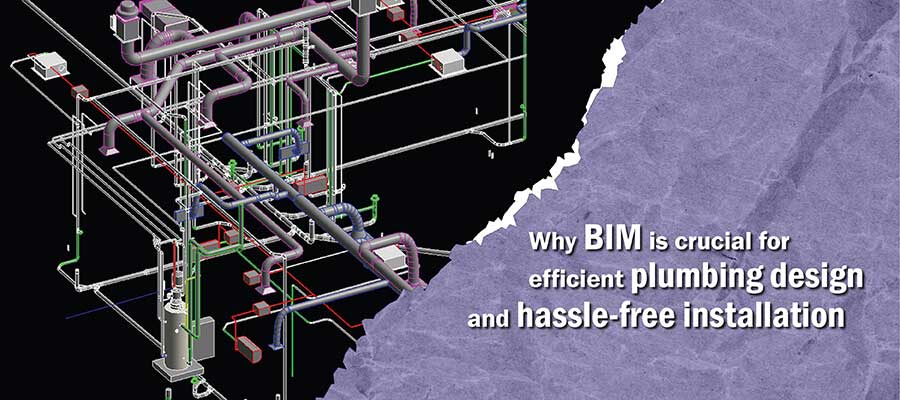
Streamlining Water Systems: The Art of Efficient Plumbing Installations
Efficient plumbing installations are the backbone of a functional and sustainable home. From conserving water to ensuring proper flow, explore the key elements that contribute to the art of efficient plumbing installations.
Strategic Design: The Foundation of Efficiency
Efficiency begins with strategic plumbing system design. Proper planning takes into account the layout of fixtures, water flow requirements, and the overall needs of the household. Thoughtful design ensures that water systems operate seamlessly, minimizing waste and maximizing functionality.
High-Quality Materials: Building for Longevity
Choosing high-quality materials is paramount in efficient plumbing installations. Durable pipes, fittings, and fixtures not only resist wear and tear but also contribute to water conservation. Investing in quality materials ensures that your plumbing system performs optimally for an extended period, reducing the need for frequent repairs or replacements.
Water-Efficient Fixtures: Smart Consumption Choices
Modern plumbing installations prioritize water-efficient fixtures. From low-flow toilets to aerated faucets, these fixtures are designed to minimize water usage without compromising performance. Incorporating water-efficient fixtures into your plumbing system not only reduces water bills but also aligns with eco-friendly practices.
Pressure Regulation: Balancing Flow and Conservation
Proper pressure regulation is a crucial aspect of efficient plumbing installations. Balancing water pressure throughout the system ensures that each fixture receives an adequate supply without excess force. This not only enhances the user experience but also prevents unnecessary water wastage.
Smart Appliances Integration: Efficiency at Every Turn
Integrating smart appliances into your plumbing system adds another layer of efficiency. Tankless water heaters, for example, provide hot water on demand, eliminating the need for a constantly heated tank. Smart irrigation systems adjust water usage based on weather conditions, optimizing outdoor water consumption.
Regular Maintenance: Sustaining Efficiency Over Time
Efficient plumbing installations require regular maintenance to sustain their performance over time. Inspecting for leaks, clearing clogs, and ensuring that all components are in good condition contribute to the longevity of your plumbing system. Proactive maintenance prevents issues before they escalate, saving both water and repair costs.
Water Recycling Systems: A Sustainable Approach
Innovative plumbing installations incorporate water recycling systems for a sustainable approach to water usage. Greywater systems, for instance, reuse water from sinks and showers for irrigation purposes. Implementing such systems reduces dependence on fresh water sources and aligns with a more eco-conscious lifestyle.
Insulation for Energy Efficiency: Preventing Heat Loss
Efficient plumbing installations extend beyond water conservation to energy efficiency. Insulating pipes prevents heat loss, ensuring that hot water reaches its destination without unnecessary energy expenditure. This not only conserves energy but also lowers utility costs over time.
Efficient Plumbing Installations: A Link to Sustainable Living
For a comprehensive guide to efficient plumbing installations, visit Efficient Plumbing Installations. By embracing strategic design, quality materials, water-efficient fixtures, and regular maintenance, you create a plumbing system that not only meets your immediate needs but also contributes to a more sustainable and eco-friendly lifestyle. Prioritize efficiency in your plumbing installations for a home that is both functional and environmentally conscious.



